Discover The Science Show - Separate stories podcast
The Science Show - Separate stories podcast

The Science Show - Separate stories podcast
Author: ABC listen
Subscribed: 3,458Played: 55,386Subscribe
Share
© Copyright 2024, Australian Broadcasting Corporation. All right reserved.
Description
The Science Show gives Australians unique insights into the latest scientific research and debate, from the physics of cricket to prime ministerial biorhythms.
733 Episodes
Reverse
Proposed changes have seen scientists protest in Adelaide.
Peter Hadfield joins scientists in northern Tasmania studying devils and their tumours, trying to understand the genetics that allows some devils to survive.
Chrom V is Yunchul Kim’s installation based on dark matter. It featured in Science Gallery’s DARK MATTERS exhibition and continues as part of NOT NATURAL.
Queenslander Grace Lawrence is using supercomputer simulations of the formation of galaxies hoping to track dark matter. Her hope is for dark matter to be detected from Earth.
Eric Hudson’s lab is using a trapped ion system where an electric field in a vacuum traps and holds an ion in space.
There is insufficient time for many species to recover as fires in southwest US become more frequent.
The Center for Science, Society, and Public Policy will look at areas including climate and sustainability, bio and medical ethics and ethics of artificial intelligence.
Claire Saxby and illustrator Jess Racklyeft take readers young and old into the hidden world amongst a giant tree’s roots, trunk, branches and upper leaves where all sorts of animals and other plants thrive.
The herbarium houses plants from the wide range of environments found in Colorado from the mountains, canyons, plateaux, grasslands and high alpine.
As The Bee Babette Kit Prendergast presents a show delving into the anatomy and behaviour of our many species of wild bees.
Anita Hafner at CSIRO Marsfield in Sydney is working on the science commissioning of a new receiver for the 64m radio telescope at Parkes in NSW.
Author Deb Fitzpatrick has written her second book which explores the life of a young girl who fell in love with the ocean and became an archaeologist dedicated to studying shipwrecks.
Physicist Brian Greene discusses some of the ideas explored in his book, Until the End of Time.
Friendship is an important area of scientific study to understand human evolution and success
The esteemed primatologist died in March 2024 at the age of 75. We hear him discussing the origins of morality and how reconciliation is widespread in primates and found in many other animals.
Len Fisher argues that compassion is a high value yet under valued aspect of human interaction. It can lead to trust and cooperation and allow us to solve problems to benefit society.
The Jak Kelly Award is awarded to encourage excellence in postgraduate physics research. It's given annually in honour of Professor Jak Kelly - the Head of Physics at University of NSW from 1985 to 1989. In 2023, the winner was Dr Jaime Andrés Alvarado-Montes from Macquarie University, who studies planets.He specialises in Hot Jupiters (featured in a recent Science Show).But, unlike our own Jupiter, he has found several so close to their sun that they are torn apart. Could this have been the history of our planet Earth? We also hear from several winners of scholarships presented by the Royal Society of NSW:For better treatment of bowel cancer;Chemical analysis of human cells;Tracking of PFAS - the anti-fire measure; and,A way the scientist claims is 99 per cent effective for identifying fake newsGuests:Dr Jaime Andrés Alvarado-Montes, Macquarie UniversityJayden Mckinnon, University of WollongongDr Jacinta Martin, University of NewcastleDr Abhimanu Pandey, Australian National UniversityShoujin Wang, UTS
The Ocean Photographer of the Year exhibition highlights more than 100 captivating photographs captured by some of the globe's most talented ocean photographers.These images offer a glimpse into the diverse world of ocean life, featuring a collection of drone, terrestrial and underwater shots.Among them are portrayals of wildlife encounters, seascapes and reflections on the interconnection between the ocean and humanity. Guest:Emily Jateff, Australian National Maritime Museum
Botanists who work in the high country of Colorado, including Mount Goliath, are studying plants and trees that must survive deep snow and ferocious winds.Amy Schneider works at the Denver Botanic Gardens and helps manage and grow plants and trees in all sorts of weather.So how do both plants and scientists cope? Guest:Amy Schneider, Denver Botanic Gardens
We all need plants to survive — but what kind of life do plants need to live?Dr Andrew Wilson from Denver Botanic Gardens says the answer is fungi!Dr Wilson is dedicated to building up the fungal herbarium's collections, where they study their taxonomy and build up a DNA database.So what's the fungal diversity like in the Southern Rockies? And what does the world of fungi teach us about our place in the world?Guest:Dr Andrew Wilson, Denver Botanic Gardens







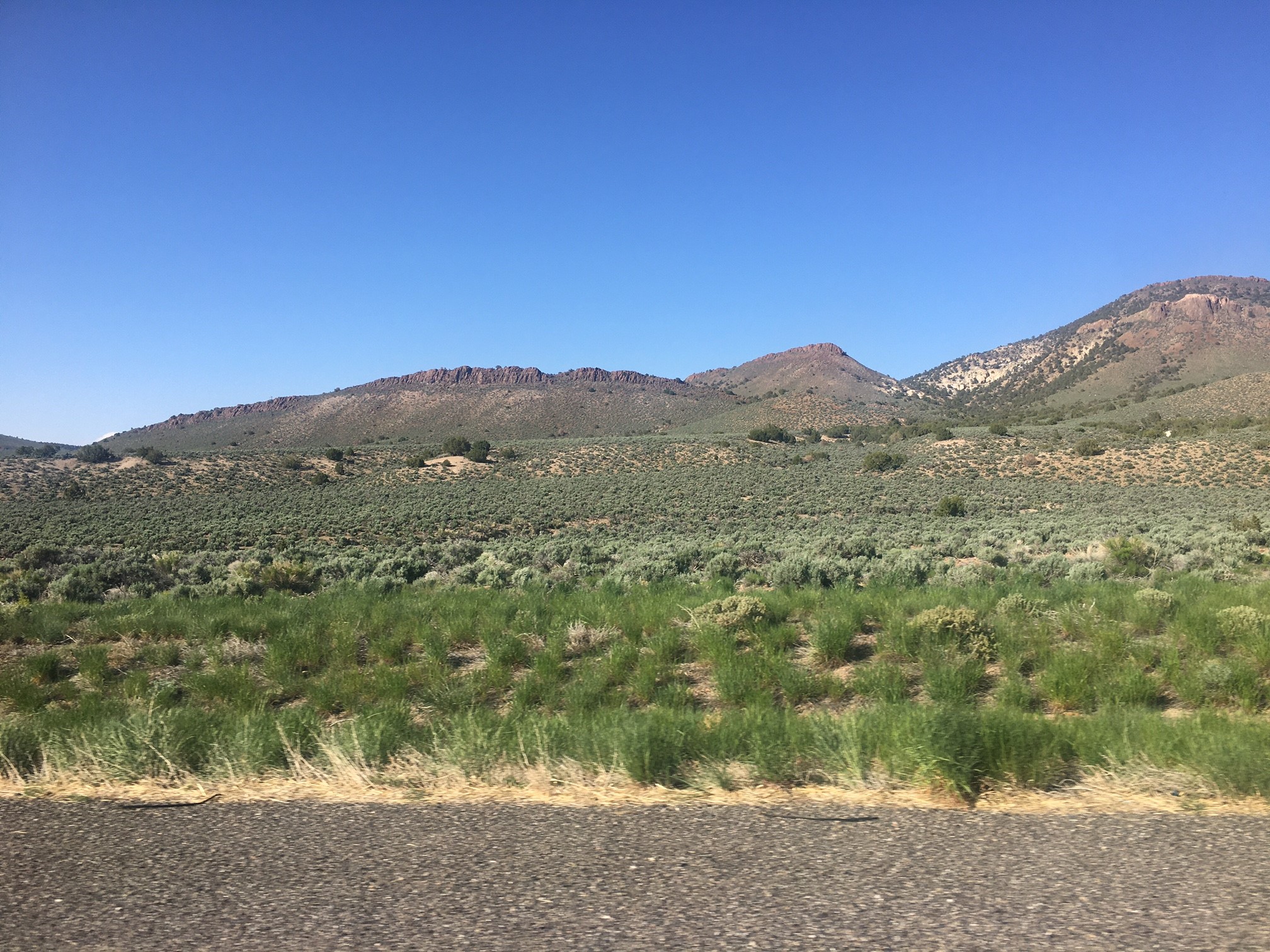


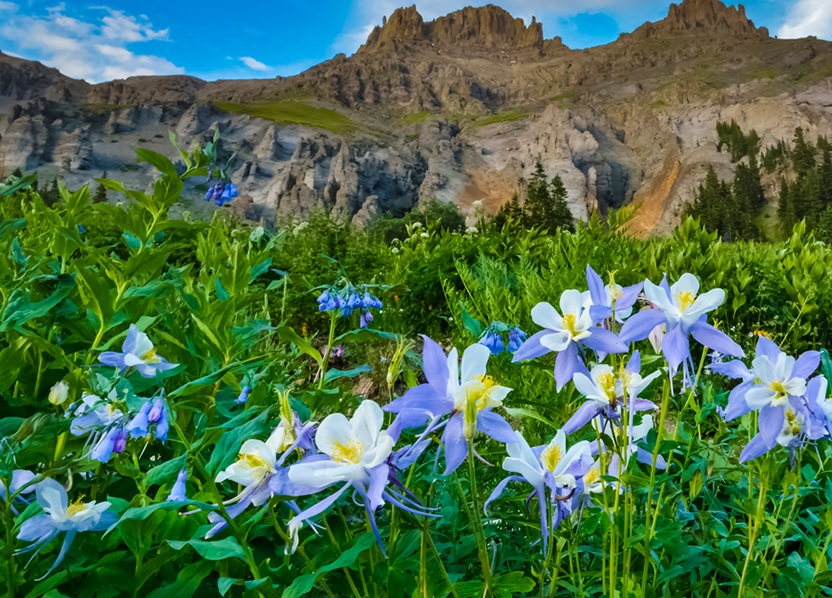


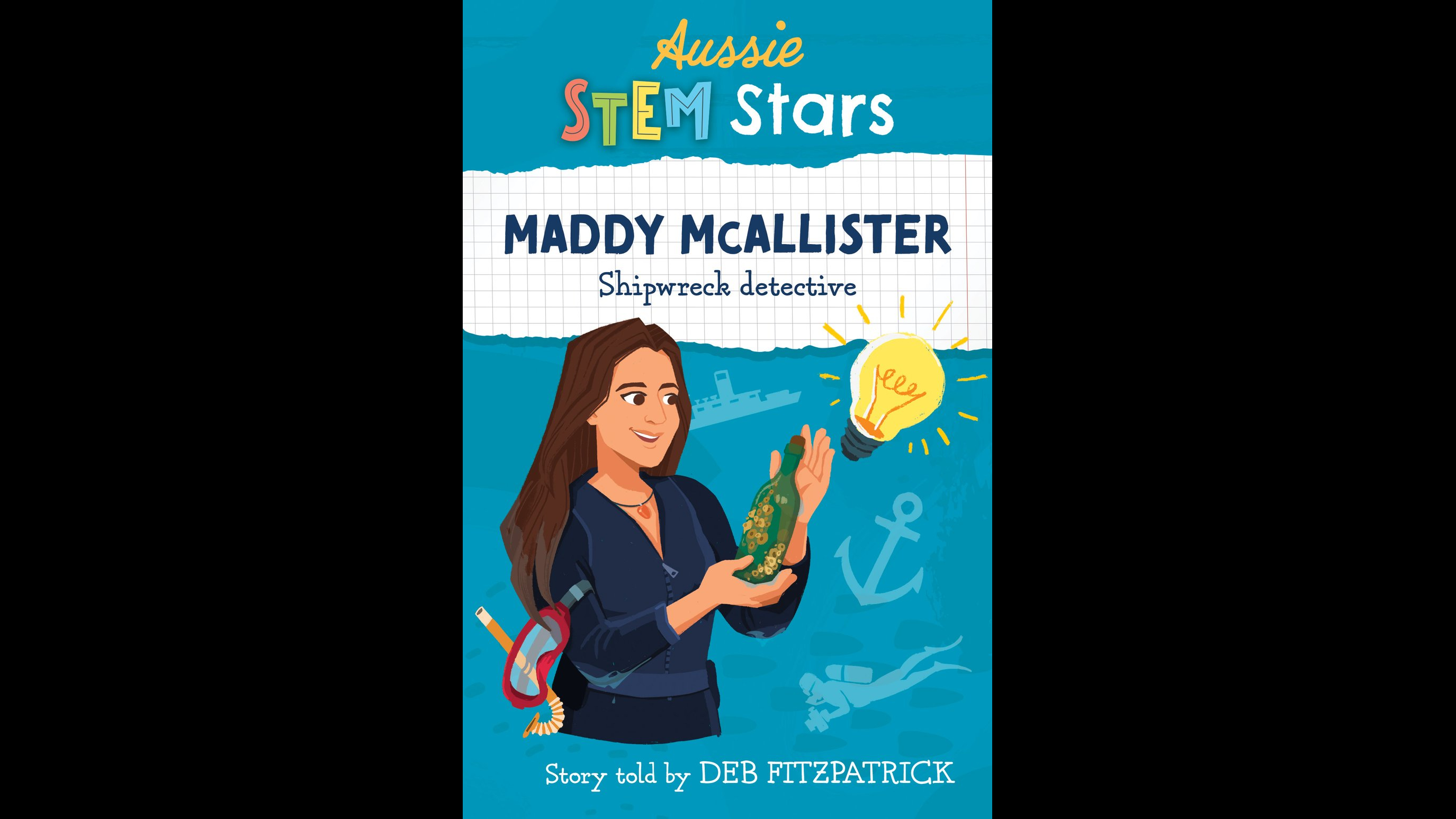


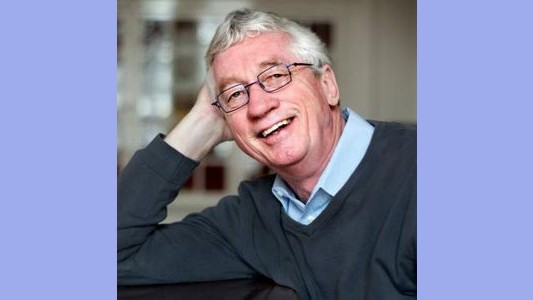
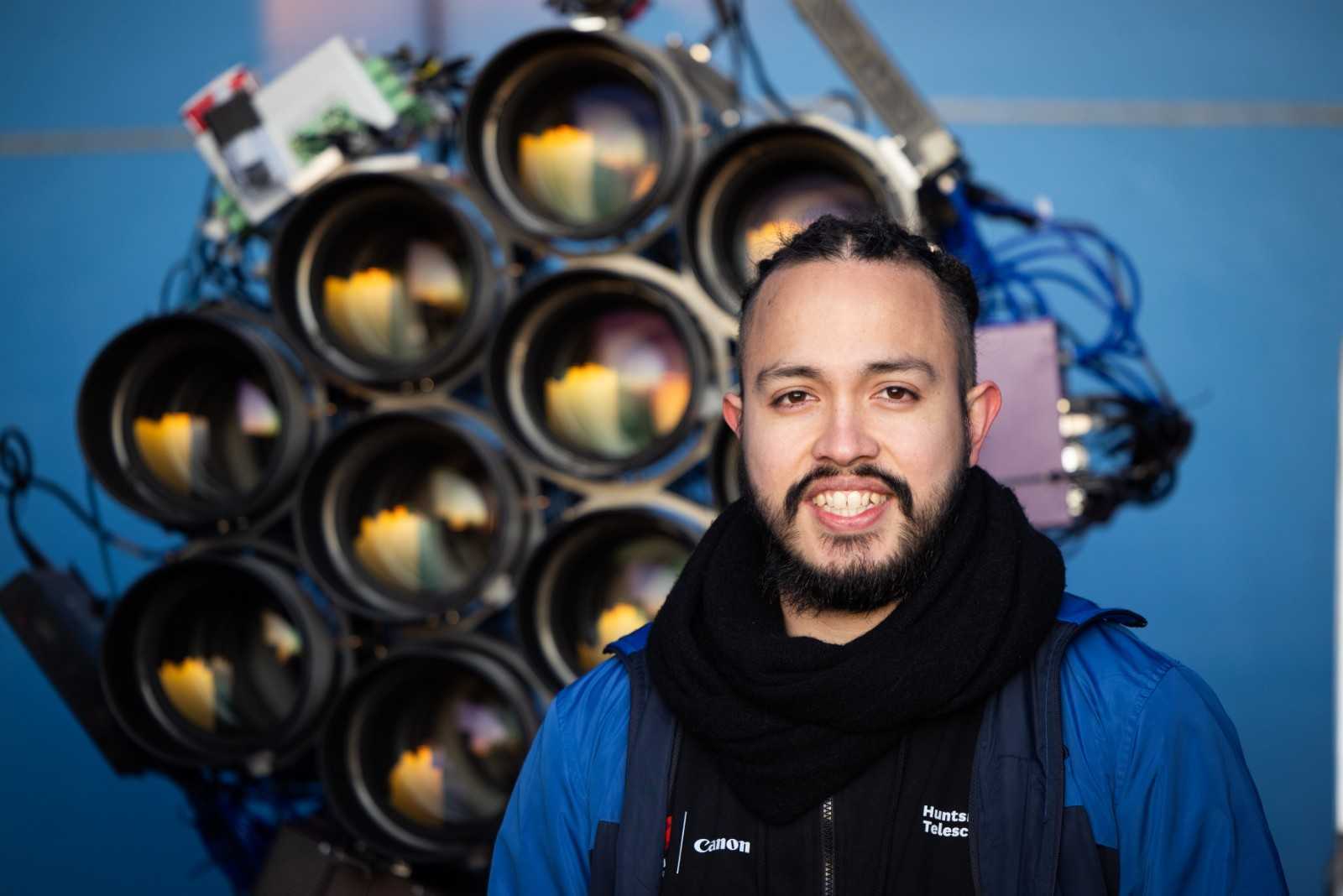






w essz